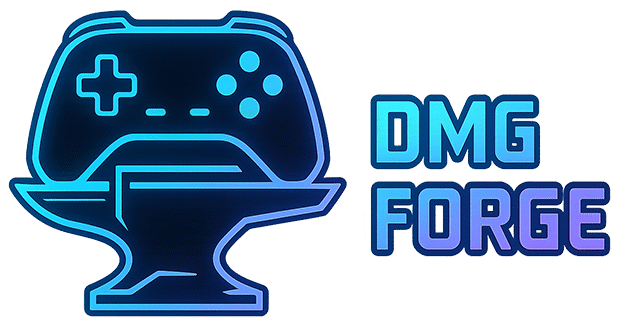It’s clickin’ time!
Before we start counting clicks and printing gold coins, we need a Canvas — Unity’s system for displaying anything on the screen that isn’t a GameObject in the world.
Think of it as the HUD layer in a game — for buttons, text, score counters, menus, etc.
Let’s set it up 👇
🧰 Step 1: Create a Canvas
- In the Hierarchy, right-click
- Select
UI → Canvas - Unity will automatically add:
- A Canvas (your UI space)
- An EventSystem (handles UI interactions)
💡 Tip: If your Canvas looks giant or zoomed out, switch your Scene view to 2D and adjust the UI scale.
🖼️ Step 2: Change Canvas Settings (Optional)
Click the Canvas in the Hierarchy and look at the Inspector.
- Render Mode: Should be
Screen Space - Overlay(default) - UI Scale Mode (in Canvas Scaler):
- Set to
Scale With Screen Size - Reference Resolution:
1920 x 1080 - Match:
0.5(for balanced scaling)
- Set to
This makes your UI responsive across different screen sizes — critical for WebGL and mobile builds.
🔤 Step 3: Add a UI Text Element
- Right-click the Canvas →
UI → Text - TextMeshPro - Unity will prompt you to import TextMeshPro essentials — click Import
- Rename the text element to
ClickCountText - Customize the font size, color, alignment, and position using the RectTransform and Inspector
📝 This is where we’ll show the player how many times they’ve clicked.
🎯 Step 4: Add a Button
- Right-click the Canvas →
UI → Button - TextMeshPro - Rename it to
ClickButton - Customize the text to something fun like:
- “Click Me!”
- “Smash This!”
- “Coin Factory!”
Position it wherever you want. (Center works great for now.)
🧪 Test the UI
- Hit Play
- Hover and click the button
- Nothing happens yet… but it looks like a game now! 🥳
Next lesson = making the button actually count clicks.
🧠 Recap
- You created a Canvas (the root of all UI)
- Set the canvas to scale with screen size
- Added a TextMeshPro label and a button
- UI is now ready for scripting!
🧪 Mini Task: Polish It Up
- Change the text font, color, and size
- Rename all UI elements clearly
- Add an icon or sprite to your button if you’re feeling fancy
- Bonus: Add a background image to the Canvas!
🚀 What’s Next?
Time to make the button actually do something. We’ll write a simple script to count clicks and update the text in real-time.
👉 Go to Lesson 14 → Writing a Simple Click Counter
